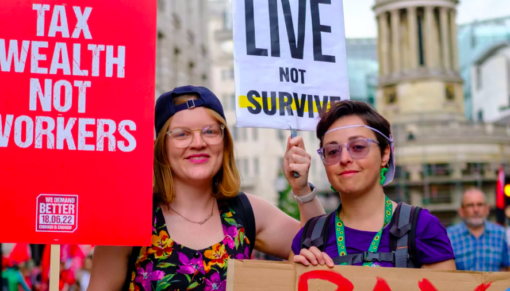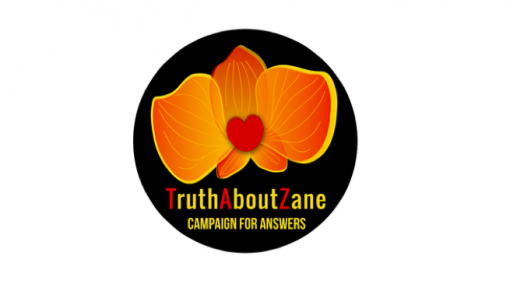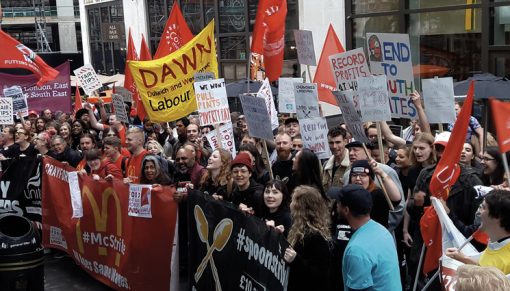The new Snoopers’ Charter – what it is and why we should worry
December 16 2015The dreadful recent events in Paris last week have heightened attention on the already controversial areas of surveillance and data collection, retention and processing – part of the so-called Snoopers’ charter. The new Regulation of Investigatory Powers Bill grabbed headlines when it was introduced by the Home Secretary at the beginning of this month.
The proposals overhaul the original Act, introduced in 2000 in something of a rush and widely agreed as being no longer fit-for-purpose. But the revelations of Edward Snowden[1] that the US and UK governments have been harvesting billions of bits of data about us, apparently irrespective of what the law says, has set both law makers and citizens a real challenge: In reality where is the balance between privacy and security?
The proposals for bulk data retention – for example all emails, phone calls, web activity to be retained for a year – makes you wonder if there really is any realistic expectation of privacy any more. The surveillance that features in films like “Spectre” could readily be a reality. Newspapers work to a code that says if something takes place behind your front door, not visible from the street, then you have that reasonable expectation. But the smartphone in your pocket, on your kitchen table or sideboard invites the world into your home – and as our heating, fridges and food are linked to the web the concept of privacy is surely diluted and degraded.
So if privacy is impossible, then all the proposed new law does is give a legal and accountable basis for how it is collected and ordered. And in this post-Snowden world, is that not a necessary thing?
Well, sort of. For progressives I still think this is uncomfortable. Its one thing to allow Tesco to hold shed-loads of data on you, because you chose where you shop, and you choose whether or not to have a Clubcard But the data we are looking at here is not that which has been so freely given – or given at all.
However, there is no doubt the data is there and almost every interaction creates more. So is not a greater question “How is the data used”?
I do think that this is the most challenging question in the current debate. There is so much data that programmes, spiders or algorithms of sorts have to be used to search through it. So that means profiles of us are being built automatically on the basis of how we match up against particular criteria.
But who sets these criteria? What is deemed relevant or important? How can we challenge conclusions that are false? Will we even know that profiling has been used?
Of course, sometimes that activity is important – vital even – in dealing withserious crime. But can we be sure that the arrangements proposed will be adequate?
Because on the left we have frequently suffered – and still do suffer – from the misuse of surveillance and data. Look at the Blacklisting scandal, still to reach a final resolution. We know now, many years after the event, of probably unlawful abuse of information during the 1984-5 Miner’s Strike[2]. With bulk data collection and processing, how will a tick in the “trade unionist” box (or any number of others) affect what profile is created for you, and what monitoring does that profile then justify? Undercover cops having children with those they were keeping tabs on was no doubt thought justified by some at the time.
This issue is of crucial importance to the labour movement today. The Trade Union Bill , also before Parliament reveals the ideological framework within which the current government operates. Who decides if trade unionists are, as previous Conservative Prime Ministers have declared, “the enemy within” and thus need to be the focus of intrusive surveillance and negative profiling?
So the whole issue of when and how is surveillance is authorised and data accessed becomes very important. Surely the thresh-hold needs to be set high. Although the Home Secretary seemed to offer a concession of judicial oversight, this had been exposed as simply not meaningful. Proper sign off – not just a review – is needed by a judge. You may feel that doesn’t give any accountability – but the alternative of Theresa May (or for that matter any Home Secretary) gives just as little!
Collection, retention, processing – all big issues in themselves. And that is without debating the impact of bulk collection on counter-extremism work, when and how interception and directed surveillance is justified, and the use of covert human sources. Liberty’s “safe and sound” campaign gives an excellent all-round view
This is truly a minefield with no easy answers. I think the Shadow Home Secretary’s letter last week to his counter-part is the right political approach. But, as others have said, the devil will be in the detail. A key task is to make sure consideration of this is not rushed so the devil can be cast out! Great novels from Brave New World[3] to The Handmaid’s Tale [4] show what is waiting for us if we turn the wrong way down the many-forked road that lies in front of us.
[1] The Snowden Files, L Harding, 2014, [2] Detailed in The Enemy Within, S Milne, 2014, [3]Brave New World, A Huxley, 1932, [4] The Handmaid’s Tale, M Attwood, 1985
This piece was originally postedon www.loudshirts.org

























































